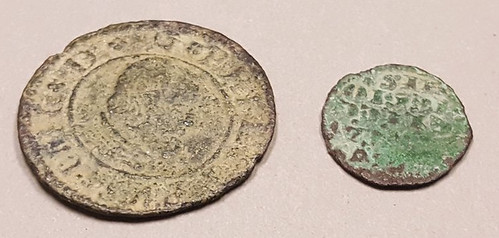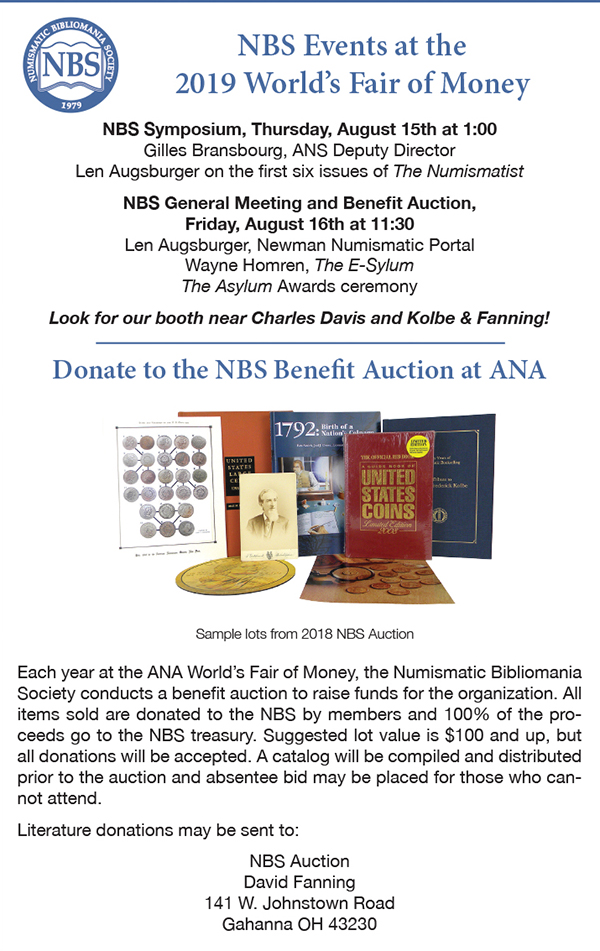
PREV ARTICLE
NEXT ARTICLE
FULL ISSUE
PREV FULL ISSUE
DECIPHERING THE UTAH SPANISH COIN FINDHere's another article following up on the find of old Spanish coins in Utah. Thanks to The Explorator newsletter for the link. -Editor  Today, the mystery of how two ancient Spanish coins wound up near Lake Powell isn't solved. Though it is a bit clearer. "Where he found them, the way he found them, I was skeptical at first," Harmon said. Ancient coins don't suddenly appear in places they don't belong, especially in plain sight. "They're just so unusual." Harmon's initial thought was that they were brought by Spanish explorers. However, the coins — one believed to be from the 13th century, the other from the mid-1600s — predated the first known Spanish presence in the area (the Dominguez and Escalante Expedition of 1776) by decades. Harmon's second theory, which he found much more tantalizing, was that the coins somehow found their way to Native Americans, who used them in trade. "I really tried to keep my mind open," Harmon said. "I was very excited. These aren't the kinds of things I come across in the normal course of my job." In the meantime, Harmon sent colleagues to the spot where the hiker reported finding the coins. He told them to look for spots from which the coins may have eroded. Based on their ages, the coins should have been buried by layers of sediment. Perhaps they emerged from an alcove, or some other natural deposit. The reports back from the site were disappointing. There were no clear points of origin, just bits of scattered trash, most likely from passing houseboats. Then there was the coins' disparate dates. Harmon couldn't bring himself to believe coins minted centuries apart could have wound up in the same hands, be they Spanish explorers or Native Americans. That steered Harmon toward his most disappointing, and now likely, theory — that the coins were part of a modern collection that somehow wound up near Halls Crossing. To read the complete article, see:
To read an earlier E-Sylum article, see:

Wayne Homren, Editor The Numismatic Bibliomania Society is a non-profit organization promoting numismatic literature. See our web site at coinbooks.org. To submit items for publication in The E-Sylum, write to the Editor at this address: whomren@gmail.com To subscribe go to: https://my.binhost.com/lists/listinfo/esylum All Rights Reserved. NBS Home Page Contact the NBS webmaster 
|